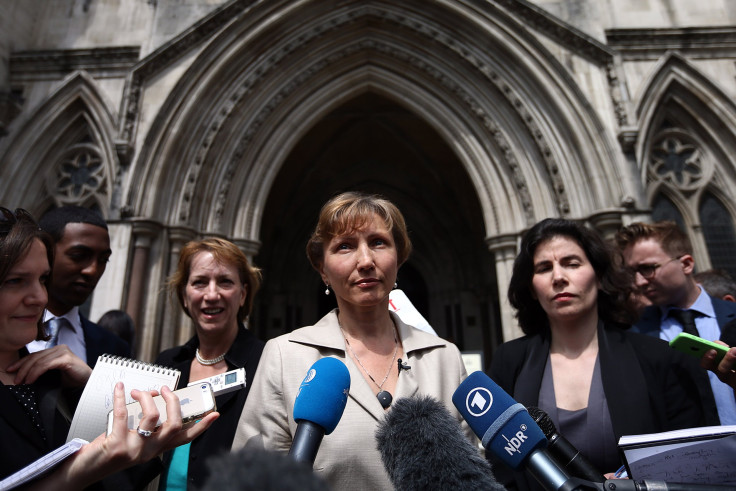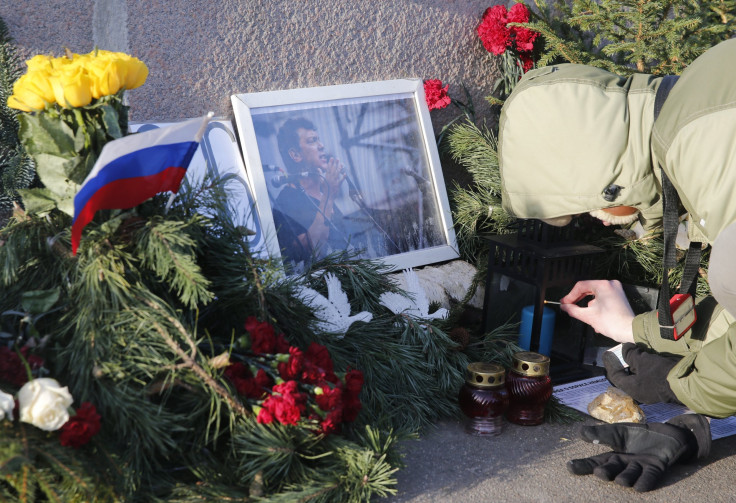Is Putin A Murderer? Russian Spy Death Is The Latest Sign The Kremlin Is Killing Its Enemies, Critics Claim

It was a case that seemed like it could have been a Hollywood political thriller full of intrigue: possible links to the highest levels of the Russian government and radioactive material. A decade after the murder of Russian spy Alexander Litvinenko, British judge Robert Owen is scheduled Thursday to release his findings into the 2006 case, and the Kremlin has already issued a preemptive response.
“Honestly speaking, this is beyond the sphere that may be of any interest to us,” said Dmitry Peskov, the Russian presidential spokesman, according to state news agency Tass. “The probe is underway in Britain, and this is not a theme that is of interest to us. It is not on our agenda.”
Litvinenko, a former KGB agent who was later granted asylum in the U.K., was poisoned in London in 2006 after having tea with two Russian men at a hotel. Three weeks later, Litvinenko was dead and the trail pointed to polonium-210, a radioactive isotope that is deadly even in small amounts.
Litvinenko, an outspoken critic of Russian President Vladimir Putin who was allegedly working for British intelligence service MI6, said on his deathbed that the Russian leader had ordered his killing. Authorities in the U.K. have accused two Russian men, Dmitry Kovtun and Andrei Lugovoi, in Litvinenko’s death, saying the two left behind a radioactive trail behind. Both have denied involvement, and the Kremlin has said it will not extradite either of them.
Litvenenko’s death in 2006 offers a window into a pattern of intimidation and deaths both in Russia and abroad that have targeted opponents of Putin’s regime. While the Kremlin has continued to deny its involvement in cases, family members and other opposition leaders have pointed directly at the top levels of the Russian government.
In the most recent high-profile case, former Russian politician and opposition leader Boris Nemtsov was shot dead in February 2015 steps from the Kremlin. Before his death, Nemtsov was scheduled to release a report showing Russia’s direct involvement in the war in Ukraine.

Several journalists critical of the Russian government were killed under murky circumstances in the 2000s, including Anna Politkovskaya in 2006 and Anastasia Baburova along with attorney Stanislav Markelov in 2009.
Former members of Putin’s inner circle have also faced tough times, including businessman Mikhail Khodorkovsky, who spent a decade in prison before being released. He now lives in Switzerland. Boris Berezovsky, a long-time Putin critic who accused the Kremlin in Litvinenko’s murder, was found dead in 2013 in his home in the U.K.
© Copyright IBTimes 2025. All rights reserved.





















